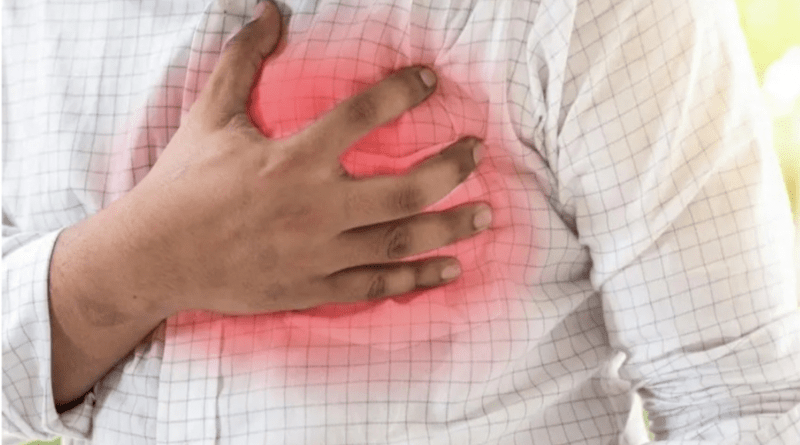Vitamin D To Be Helpful In Preventing Winter Heart Attacks?
The danger of a heart attack has increased as winter has set in across the country. Many studies have found a similar pattern of heart attacks and mortality in the winter. In fact, winter heart attack mortality is higher than summer heart attack mortality. There are numerous changes in the body that might lead to a heart attack.
WHAT EXACTLY ARE TRIGGERS?
(1) The initial trigger could be the reduced ambient temperature. This triggers the sympathetic nervous system in the body, which causes adrenaline to be released, your heart rate to increase, and more oxygenated blood to be delivered to your body’s extremities to warm them up. Our blood vessels tighten and narrow, requiring blood to be pumped more forcefully through the vessels. Almost everyone’s blood pressure rises during the cold season.
Higher blood flow may restrict the coronary arteries, limiting the supply of blood and oxygen to the heart and its muscles in those with compromised conditions such as high blood pressure or an underlying plaque problem.
Your blood volume is higher in the winter, unlike in the summer, when we experience more sweating. This fluid retention also leads to higher blood pressure. These conditions stress the heart and may dislodge existing plaques in the heart, triggering an attack.
(2) Hormonal changes in colder weather raise cholesterol levels, clotting factors, and plasma fibrinogen levels. This causes the blood to become sticky as platelets form a clot. Even if the clots are minor, they clog the already constricted blood vessels, preventing blood from reaching its destination. This can result in heart attacks and strokes.
(3) If you quit exercising because you are afraid of getting a cold, allergies, or an infection, you are harming your heart. Exercise benefits the heart only when it is done consistently.
(4) Circadian rhythm: A problem with the body’s circadian rhythm, or body clock, could exist. It usually dips and rises throughout the day, causing various compounds to be released. An irregular rhythm will result in an imbalance of these substances. Researchers have already discovered that at 6.30 a.m., the body produces an increased amount of PAI-1 cells, which prevent blood clots from forming. At this period, the risk of a heart attack is greatest.
5) Air pollution, as well as winter-related respiratory infections and allergies, promote inflammation in the body, which is another trigger for an attack.
(6) When your thyroid does not function regularly, your serum TSH rises, putting more strain on your heart.
(7) A deficiency impairs calcium metabolism, which regulates electrical impulses, when the sun is not visible for days and vitamin D absorption is hindered. A lack of vitamin D can cause irregular heartbeats, often known as arrhythmia.
Vitamin D supplements may reduce the incidence of cardiovascular events such as heart attacks in older persons, according to the largest trial of its kind.
vitamin D supplementation can protect the elderly against cardiovascular disorders such as heart attacks. Vitamin D supplementation may reduce the incidence of cardiovascular events such as heart attacks in older persons, according to one of the largest trials of its kind to date. So far, randomised controlled trials have found little evidence of Vitamin D playing a role in the prevention of heart attacks.
The notion that vitamin D is beneficial to heart health is not novel. Older observational studies found that those with higher blood vitamin D levels had a decreased risk of cardiovascular disease. People who exercise outside and eat nutrient-dense foods have higher vitamin D levels than those who do not. Previous research found that once people had adequate levels of vitamin D, the advantages for the heart plateaued, and increasing intake did not lessen the risk of heart disease.
Where is the prevention?
Please check your blood pressure at least once a week and at different times to look for 24-hour changes. When going out, layer your clothing. Never stop exercising outside, but when the weather turns cold, bring your workout inside. Static cycling is a better cardio-vascular workout for older people than treadmills because it puts less strain on the knees and joints. Finally, winter check-ups are more important than summer check-ups, so don’t skip out on follow-ups. Protect yourself from respiratory infections by immunizing yourself.




